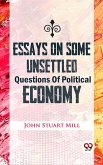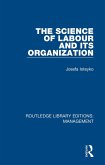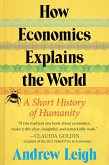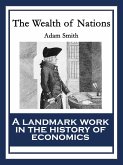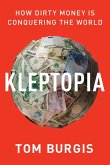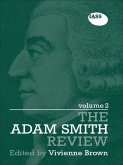In "The Essays of Adam Smith," an influential collection of his essays written during the 18th century, Smith explores a range of topics, from moral philosophy to economics and the nature of human relationships. His prose is characterized by clarity and eloquence, reflecting the Enlightenment ideals of reason and empiricism. These essays are foundational texts in both moral philosophy and economic theory, merging his philosophical inquiries with practical considerations of trade and commerce, illustrating how personal ethics intertwine with broader societal dynamics. Adam Smith, often hailed as the father of modern economics, was a Scottish philosopher and economist whose groundbreaking ideas reshaped Enlightenment thought. His personal experiences and academic pursuits at the University of Glasgow informed his understanding of human behavior in economic contexts, shaping his views on altruism, self-interest, and the invisible hand of the market. These essays provide critical insight into the formative ideas that led to his monumental work, "The Wealth of Nations." I highly recommend "The Essays of Adam Smith" for readers interested in understanding the philosophical underpinnings of economic thought and social behavior. This collection not only elucidates Smith's profound insights but also serves as a vital commentary on the moral implications of economic practices, making it essential reading for students, scholars, and anyone intrigued by the interplay of ethics and economics in society.
Dieser Download kann aus rechtlichen Gründen nur mit Rechnungsadresse in A, B, BG, CY, CZ, D, DK, EW, E, FIN, F, GR, H, IRL, I, LT, L, LR, M, NL, PL, P, R, S, SLO, SK ausgeliefert werden.



